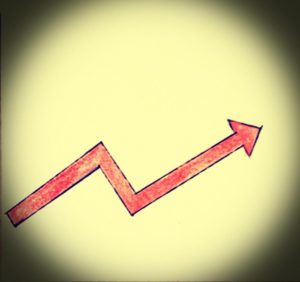In our globalized world, we can easily buy products from all over the planet. In fact, it may be hard to find products that do not contain materials from multiple countries. Since we consume globally, should we also think about investing globally?
Here in Canada, we can easily invest in Canadian and US markets, but there are plenty of opportunities elsewhere.
For instance, economists and investors often talk about “emerging markets,” which are developing countries growing at a rapid pace. These markets often offer better potential returns than the US and Canada. Or you might want to invest in other developed markets, such as Japan, if you think they have some really great companies.

Of course, there are risks associated with investing in foreign markets. When you invest in anything that is not denominated in the Canadian dollar (CAD), you will have to deal with exchange-rate risks. Let’s say you invested in a Japanese company and the yen weakens, you could end up losing a good chunk of your profits when converting back to CAD.
Then there are geopolitical risks. Just ask anyone who had invested in Russia about what happened to those investments recently. Unfortunately, geopolitical risks are hard to completely avoid when investing in emerging markets. Similarly, the regulatory landscapes in emerging markets are often not as robust as those in the US and Canada. For example, investing in Chinese stocks in the ’90s and 2000s was akin to digging for gold in a minefield.
If after weighing the potential risks and rewards you decide that you wish to put some money in global markets, you have a few options. You can invest in shares of non-US companies that trade in the US, open an account with a stockbroker which offers access to international markets, or make use of exchange traded funds (ETFs) that invest in specific countries or regions.
If you have read some of my columns, you can probably guess that my recommendation is ETFs. I think that ETFs are a great way to gain exposure to international markets for a few reasons.
Firstly, they are diversified, so you’re not exposing yourself to the risk of picking a company that fails. For example, by buying the BMO MSCI Emerging Markets Index ETF (ticker code: ZEM) traded on the Toronto Stock Exchange, you are investing in over 800 companies spread across many countries.
Secondly, there are ETFs for just about any country or region traded in Canada and the US. This makes it easy to access them using most brokerage accounts with a Canadian institution.
In addition, there are ETFs which hedge against currency exchange risk, leaving you with one less thing to worry about.
As with any investment, look at your portfolio as a whole, and do not commit too high a portion to any one investment.
